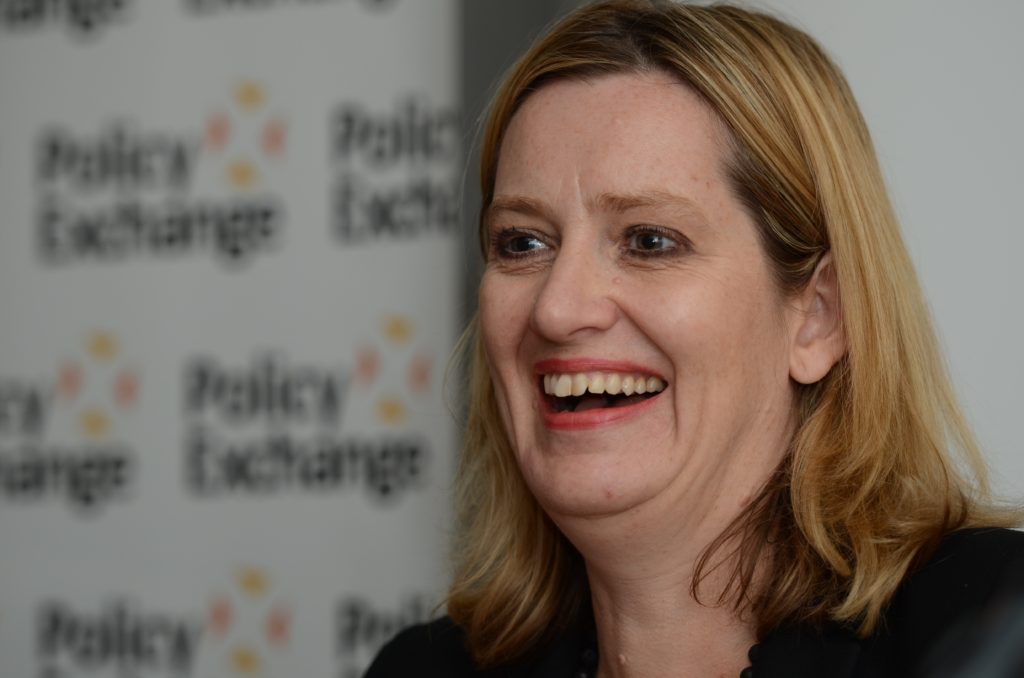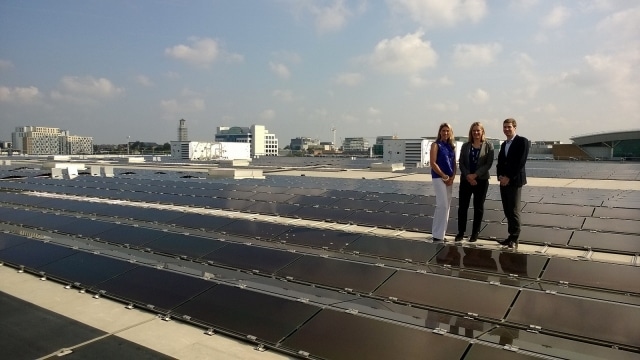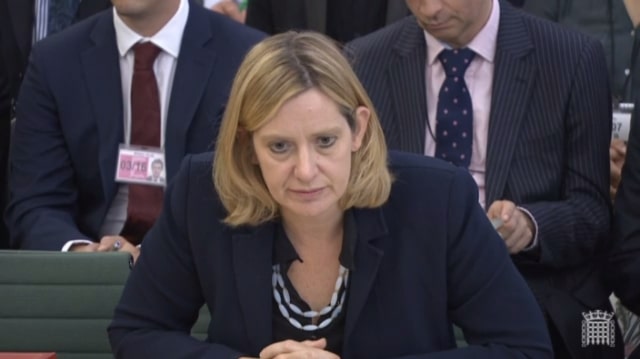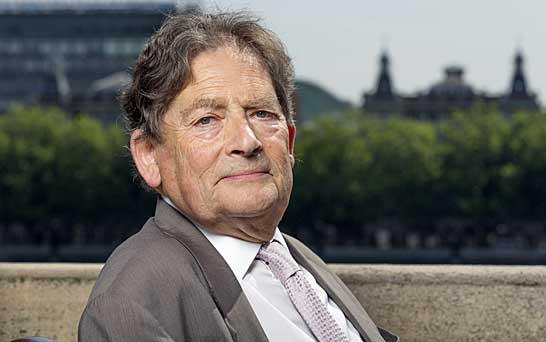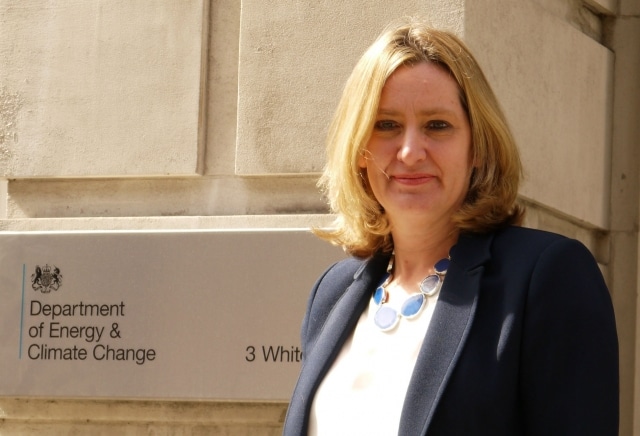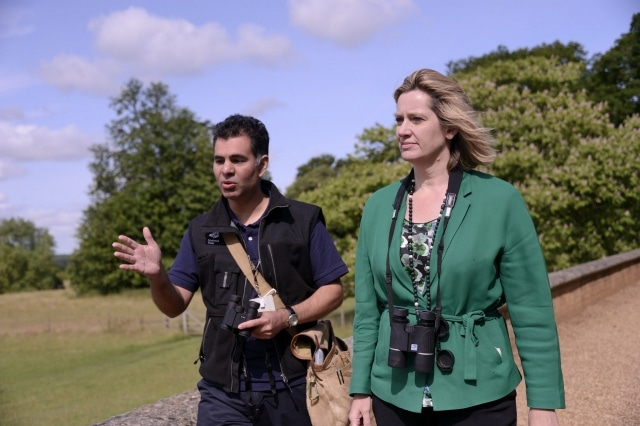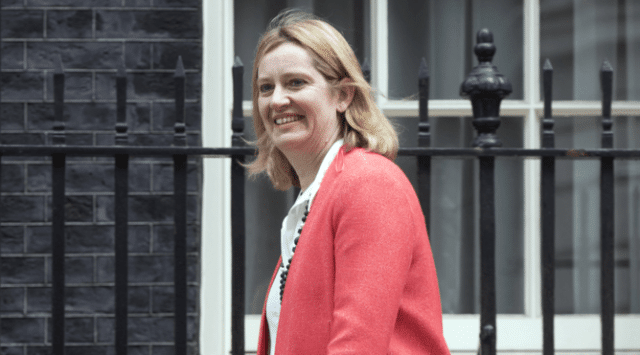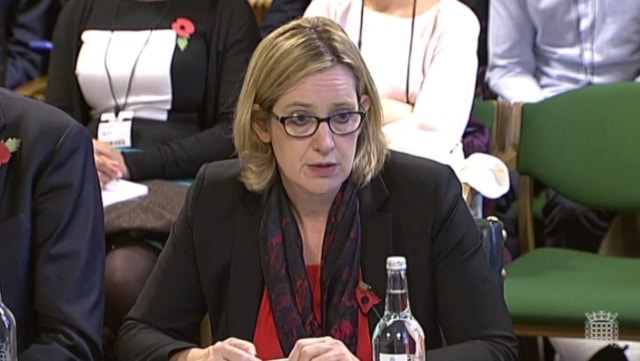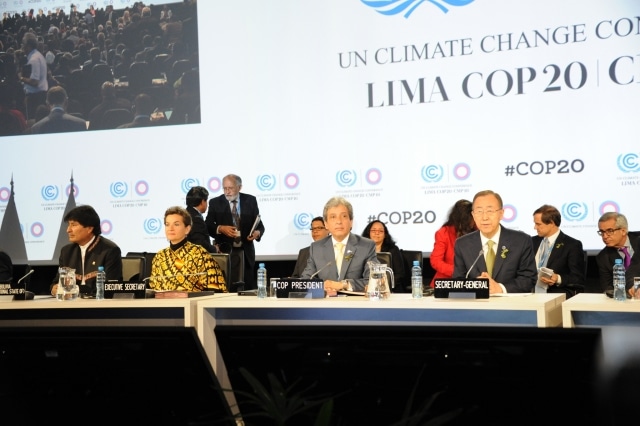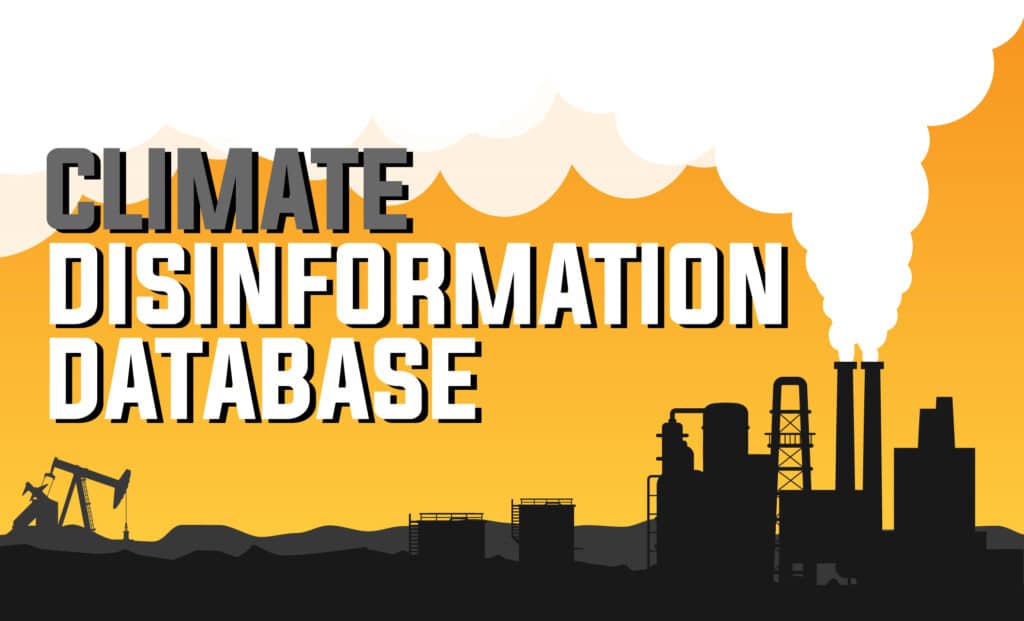Amber Rudd was appointed Secretary of State for the Department of Energy and Climate Change (DECC) in May 2015 following the general election. Since then she has led the all-Conservative department in slashing subsidies to renewable energy and promoting a dash for gas with fracking in the run up to the December Paris climate change conference.
Rudd’s political career only began 10 years ago. Before entering DECC she worked closely with Chancellor George Osborne as his parliamentary private secretary. Many argue her position as a key Osborne ally has helped bolster her political clout. But this relationship has also led to strong Treasury oversight of DECC in recent months.
While her stance on the importance of tackling climate change is unquestioned, recent actions by DECC under her leadership have raised questions about her commitment to cutting Britain’s carbon emissions. In November, in the government’s energy ‘reset’, Rudd announced the end of all coal-fired power stations by 2025.
But rather than promoting renewable energy as an alternative, she stressed the important role nuclear and gas will play into the future. And just weeks ahead of the Paris COP21 climate conference, tackling climate change was put on the backburner with Rudd stating that the balance had swung too far in favour of climate change policies at the expense of keeping energy affordable.
This in-depth series explores the life and career of Amber Rudd – what did she do before politics, who has helped her along the way, and what are her priorities as we head into the critical climate talks in Paris in December 2015.

